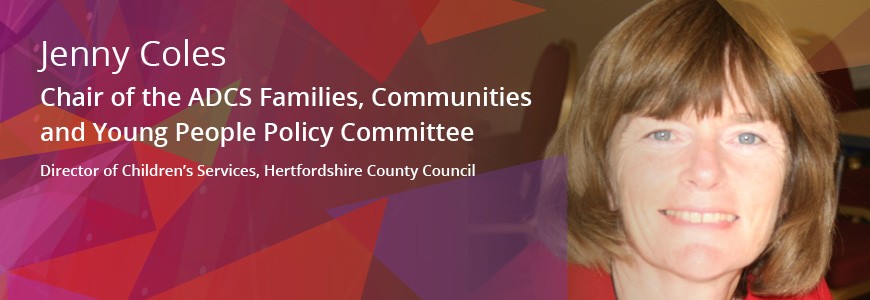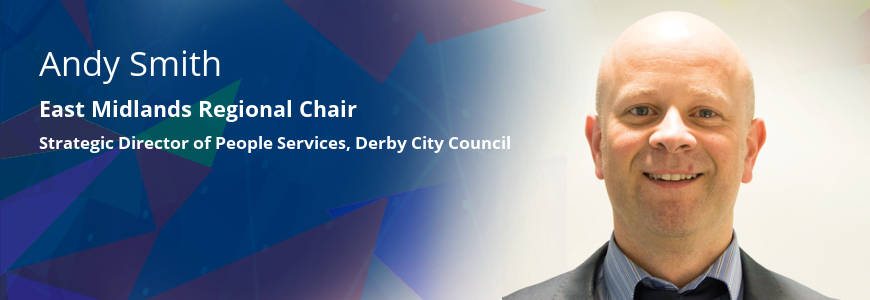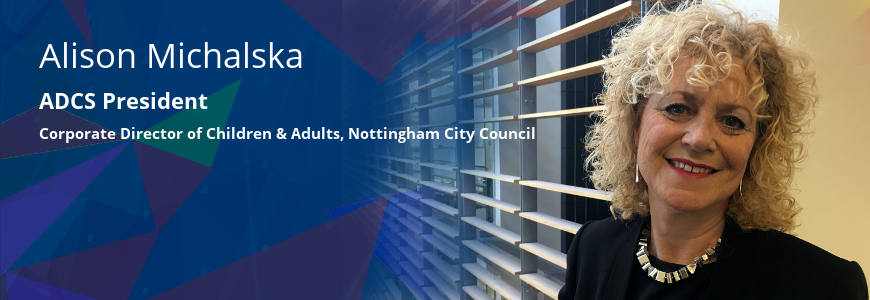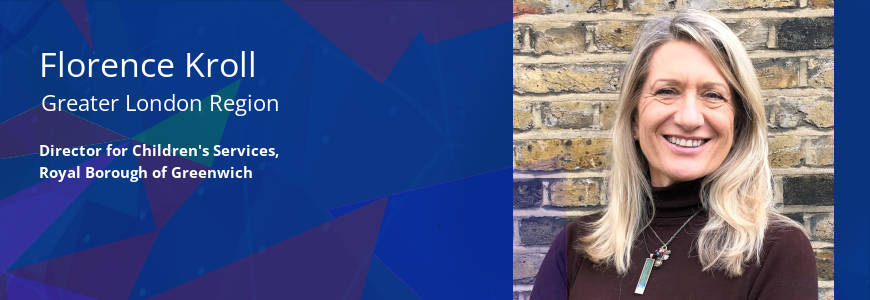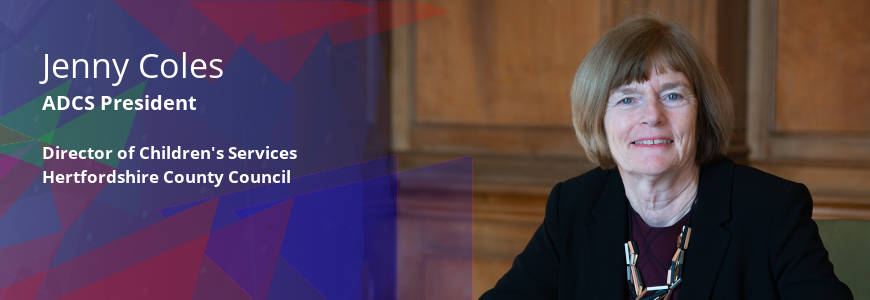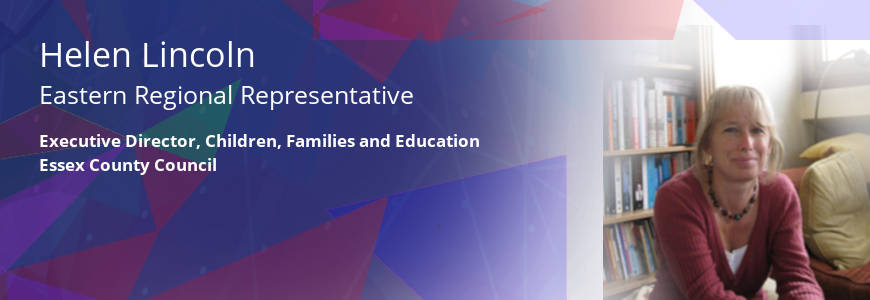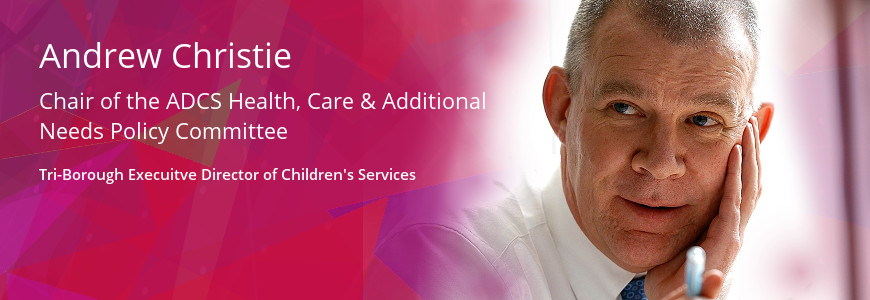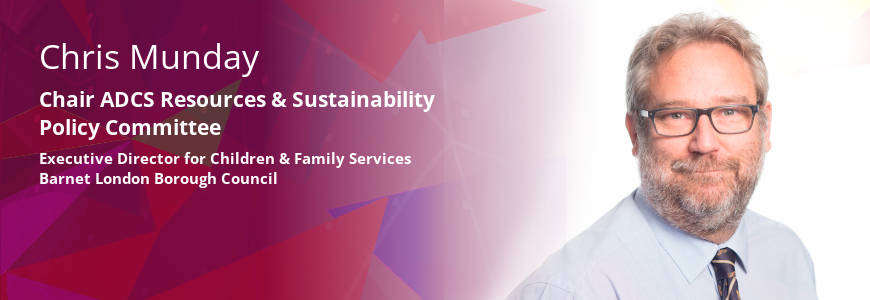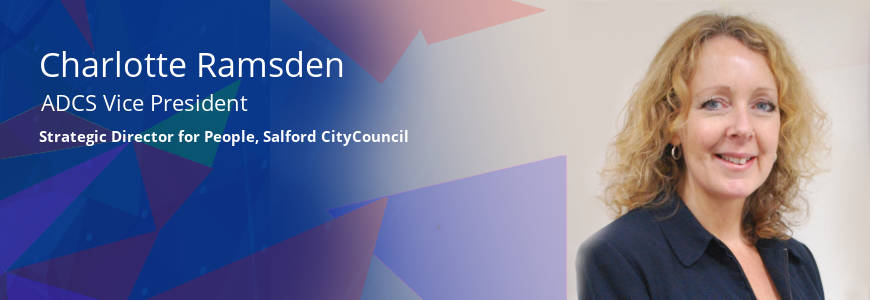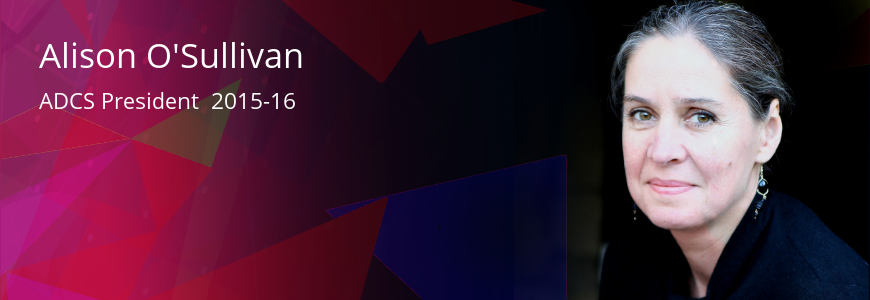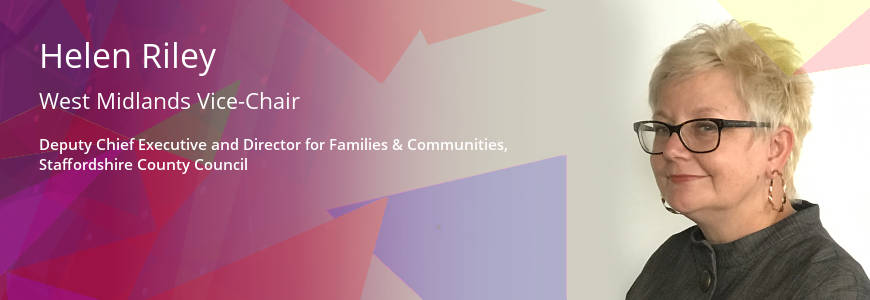Regional collaboration in changing times
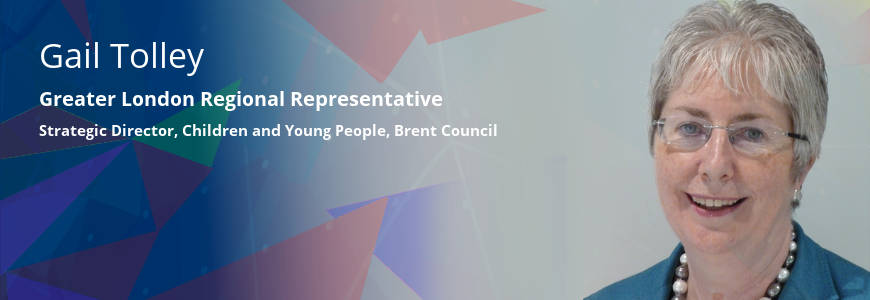
Like other regions, London has been busy in 2017 developing the service and financial model for a future Regional Adoption Agency. When London was asked to develop the regional vision, we did so on the basis that this meant all of us in Greater London. One or two have left to pursue other opportunities, but we still remain committed to a programme which will bring together nearly 30 local authorities. Doing this is complex and time-consuming work. We have had to work closely with the DfE, and are pleased to have been approved for a further 12 months of DfE financial support to take our proposals to the next stage.
Collaboration involving 33 local authorities (and strong willed directors of children’s services (DCS)) presents challenges at times but these are worked through in our Association of London Directors of Children’s Services (ALDCS) meetings and the sub groups which are routinely attended by over 25 Assistant Directors or Heads of Service and sponsored by a DCS.
ALDCS has also recently agreed to set up a London Children in Care Council (CiCC) to provide a participation mechanism that promotes young people’s voices in shaping the system at a regional level. This proposal came from the Assistant Director Social Care sub group of ALDCS.
There are 33 CiCCs in London, with one in each of the 32 boroughs of London and one in the City of London Corporation. A range of innovative approaches has been adopted by London local authorities to improve opportunities for children in care and care leavers to express their voices and opinions about the services they receive. The models of delivery vary from borough to borough, but the underlying principles remain the same, encouraging important feedback from children in care and care leavers about the services and support they receive. In many of the local authorities in London, the involvement of CiCCs is truly embedded in the culture of the organisation, and in some, there is still more work to be done.
The impetus to deliver more efficient and effective services across London is now stronger than ever, and the disparity of services across the region has been highlighted by the Ofsted inspections under the Single Inspection Framework. In many areas, where CiCCs are functioning well, Ofsted reports have shown there has been a direct improvement in service delivery and the experiences of children and young people. This is because local authority corporate parents have invested in their CiCCs, have built a culture of participation by making time to listen to young people, and have been able to respond to their needs, providing more of the type of care and support that they need.
We have agreed the scope for a regional CiCC group to meet more regularly and bring representatives from the 33 CiCCs in the region together, to share common issues and challenges and help inform London-wide policy planning with the Mayor of London, the Greater London Authority as well as London Councils and the Pan London Safeguarding Children Board (SCB). The vision is that London-wide policy-makers will recognise the regional CiCC as belonging and contributing to regional policy-making on issues that affect children in care and care leavers. Government agencies, regional bodies, London local authorities and voluntary sector organisations, with a vested interest in children’s social care in London, will be familiar with the London regional CiCC and its contributions. Regional bodies, in particular ALDCS, and the London SCB will expect to engage with the regional CiCC group on a regular basis.
As more combined authorities and regional mayors are introduced, regional collaboration becomes more focussed and this should include the voice of our children and young people.
Related Blog Articles
It’s been a challenging couple of weeks for me with the publication of a...
In Youth Justice & Secure Estate
We all know how important it is to be a good corporate parent and in Derby,...
In Care
The summer holidays are a great time for me to "get out and about". A couple of...
In Care
Last month we celebrated National Adoption Week and this year’s theme was...
In Care
Working together has been a bit of a theme over the last few months in the...
In Safeguarding & Child Protection
As Director of Children’s Services (DCS) for one of the 75 areas eligible for...
In Early Help & Families
This week, I had the pleasure of delivering the keynote address at the...
In Care
During the pandemic my team were fortunate enough to lead a DfE-funded project,...
In General
Both Alison O’Sullivan and I represent ADCS on the national Adoption...
In Care
This is my first blog for ADCS and I would, firstly, like to thank colleagues...
In Funding
As I prepared myself mentally for taking on the role of ADCS Vice President, I...
In General
Last week David Cameron announced a set of measures to increase the number of...
In Care
I’m not sure what the collective noun for DCSs is; an exhaustion, a wisdom, a...
In General
First a comment about blog changes … having blogged almost single-handedly...
In Inspection & Improvement
It was just about two years ago that I took up the role of Director of...

